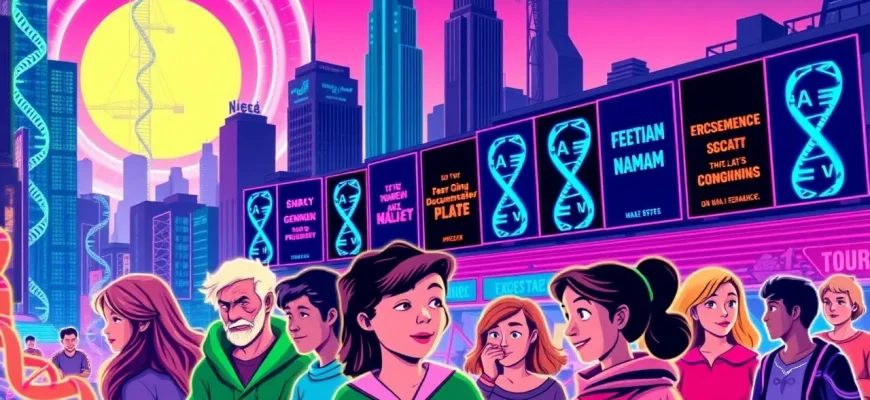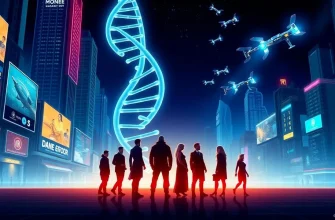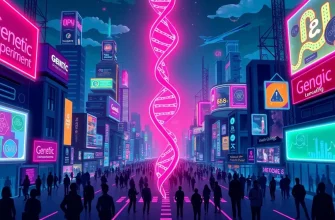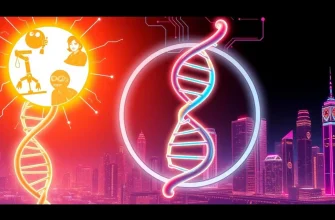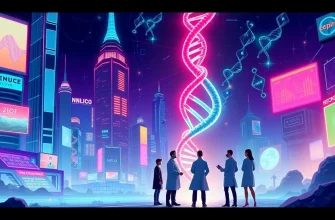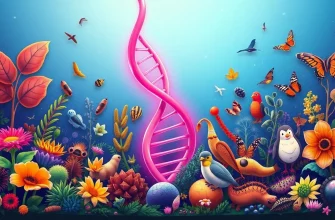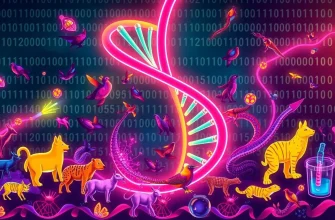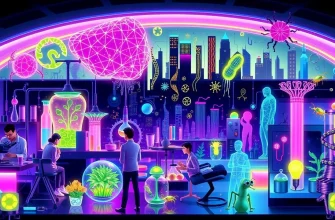Genetic disorders are not just medical conditions; they are stories of human resilience, scientific discovery, and societal impact. This curated list of documentaries delves into the lives of those affected by genetic anomalies, the breakthroughs in genetic research, and the ethical dilemmas that arise. Each film offers a unique perspective, providing viewers with a deeper understanding of the challenges and triumphs associated with genetic conditions. Whether you're a student of genetics, a healthcare professional, or simply someone interested in the human condition, these films will enlighten and inspire.
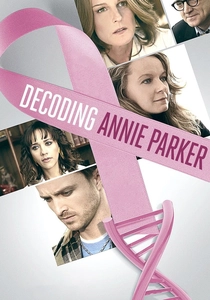
Decoding Annie Parker (2013)
Description: While not strictly a documentary, this film is based on the true story of Annie Parker, who was diagnosed with breast cancer due to a genetic mutation, and the parallel story of the scientist who discovered the BRCA1 gene.
Fact: The film stars Helen Hunt and Samantha Morton, bringing a dramatic narrative to the science of genetics.
 Watch Now
Watch Now
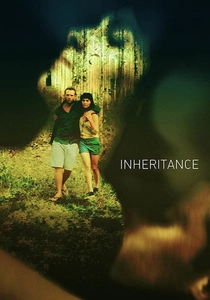
The Inheritance (2018)
Description: This documentary examines the ethical, legal, and social implications of inheriting genetic diseases, focusing on families dealing with Huntington's disease and their decisions regarding genetic testing.
Fact: It was produced by the BBC and has been praised for its sensitive handling of complex issues.
 30 Days Free
30 Days Free
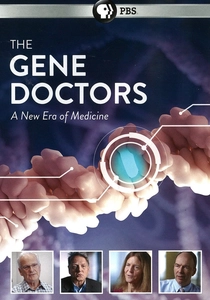
The Gene Doctors (2017)
Description: This documentary follows the journey of scientists working on gene therapy, focusing on treatments for genetic disorders like cystic fibrosis and muscular dystrophy. It highlights the hope and challenges of altering human DNA to cure diseases.
Fact: The film includes interviews with pioneers in gene editing like Dr. Jennifer Doudna, co-inventor of CRISPR.
 30 Days Free
30 Days Free

Cracking the Code of Life (2001)
Description: A Nova special that aired on PBS, this documentary explores the Human Genome Project, offering insights into how understanding our genetic code could revolutionize medicine, particularly in treating genetic diseases.
Fact: The film was released just as the Human Genome Project completed its first draft, making it a timely exploration of genetic science.
 30 Days Free
30 Days Free

The Boy Who Sees Without Eyes (2015)
Description: This documentary tells the story of Ben Underwood, a blind boy who uses echolocation to navigate the world, showcasing the incredible adaptability of the human brain in response to genetic conditions.
Fact: Ben's story inspired many, and his method of echolocation has been studied for its potential applications in other sensory impairments.
 30 Days Free
30 Days Free

The Gene: An Intimate History (2017)
Description: Based on Siddhartha Mukherjee's book, this documentary traces the history of genetics, from Mendel's peas to modern gene editing, with a focus on how genetic knowledge impacts our understanding of diseases.
Fact: The film features interviews with geneticists and patients, providing a personal touch to the science.
 30 Days Free
30 Days Free

The Human Face (2011)
Description: This documentary series explores the science behind facial features, including genetic disorders that affect facial development, offering a unique perspective on human genetics.
Fact: John Cleese hosts the series, adding humor and accessibility to complex genetic topics.
 30 Days Free
30 Days Free

The Living Matrix (2009)
Description: This film delves into the concept of the body's energy fields and how they might influence genetic expression, offering alternative views on treating genetic disorders.
Fact: It features interviews with scientists exploring the frontiers of quantum biology.
 30 Days Free
30 Days Free

The Gene Revolution (2016)
Description: This documentary investigates the potential of gene editing technologies like CRISPR to cure genetic diseases, discussing both the promise and the ethical concerns.
Fact: The film includes perspectives from both scientists and bioethicists, providing a balanced view.
 30 Days Free
30 Days Free

The Secret Life of Twins (2015)
Description: This documentary explores the genetic and environmental factors that influence the development of twins, including cases where genetic disorders manifest differently in identical twins.
Fact: It was part of the BBC's Horizon series, known for its in-depth scientific documentaries.
 30 Days Free
30 Days Free

